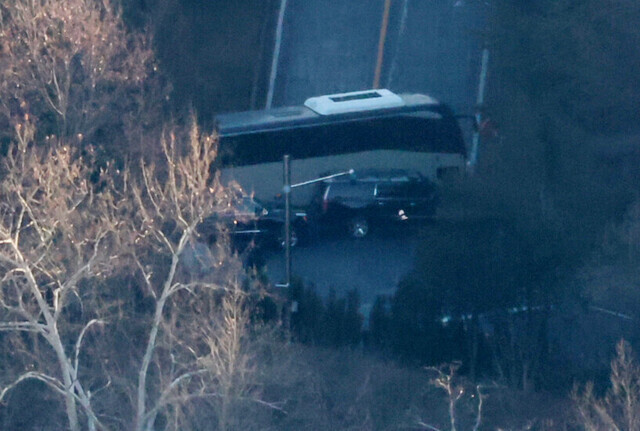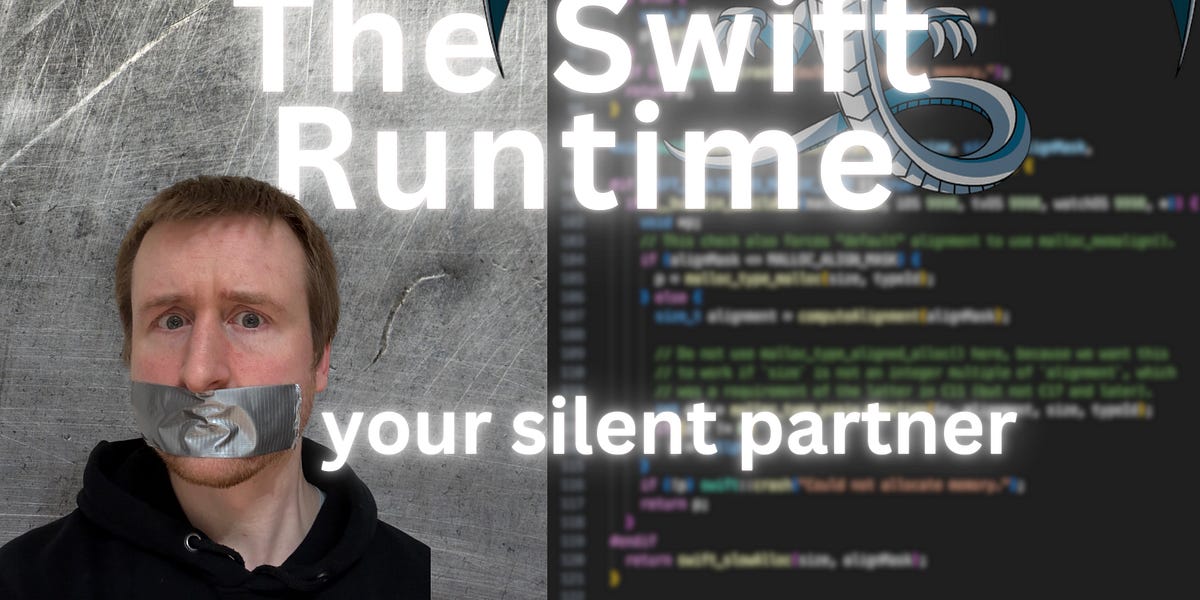
Killing Orson Welles at Midnight
It’s two in the afternoon. No one is groaning; no one turns over in bed or hits an alarm clock—it’s much too late for that. Love set you going like a fat gold watch.… But by two o’clock the morning song is just a memory. We are no longer speculating as to what set us going, we just know we are going. We are less sentimental in the afternoon. We watch the minute hand go round: 2:01 becoming 2:02 becoming 2:03. It’s relentless, when you think about it. Mostly we don’t think about it. We’re very busy, what with everything that’s going on. The foreign schoolchildren have already left for the day, a burly gentleman is having his tea in a glass, Billy Liar is being asked “What time d’yer call this?” (seventeen minutes past two), and Charlotte Rampling is all by herself eating chocolate éclairs and smoking, in a garden somewhere, in France, probably.
There’s no slowing it down and no turning back: the day is too far along to be denied. Though some will try, some always do. At two o’clock precisely a man screams at a grandfather clock (“That’ll be enough of that!”) and smashes it to pieces. But the day continues. It always does. The Japanese—a pragmatic people, a realistic people—deal with the situation by having a meeting at a long white conference table. Faced with the same reality, we in the West tend to opt for a stiff drink instead. But people will insist upon shooting us sideways glances and saying things like “It’s two o’clock in the afternoon!” and so we put down our glasses and sigh. The afternoon—free from the blur of hangover or the fug of sleep—is when our shared predicament on this planet becomes clear.























